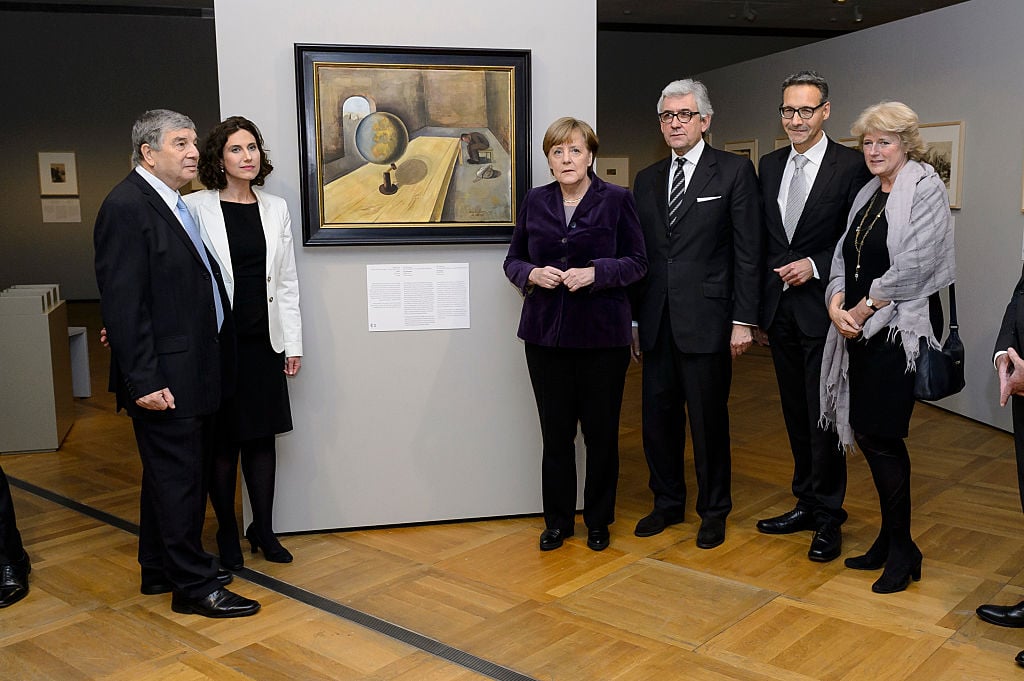Analysis
Germany Passes Massively Controversial Cultural Heritage Legislation
The law is likely to have far-reaching consequences.

The law is likely to have far-reaching consequences.

Henri Neuendorf

Despite protest from all quarters of Germany’s art scene, the country’s parliament, the Bundestag, approved the passage of the controversial cultural heritage protection legislation today, reports Deutsche Presse-Agentur.
The ruling Christian Democratic Union (CDU) party and its coalition partner, the Social Democratic Party (SPD), voted for culture minister Monika Grütters’s proposed amendment without challenge from the opposition, which abstained.
The law seeks to prevent the export of nationally significant cultural goods. However, the legislation was fiercely opposed by Germany’s art dealers, artists, private collectors, art fairs, auction houses, museums, and just about everyone else working in the country’s cultural sector. Critics feel that their ownership rights are being restricted as a result of these measures.

Avner Shalev, Rosenberg, Chancellor Angela Merkel, Walter Smerling, Alexander Koch, and Monika Grütters attend a preview prior to the opening of the exhibition “Art from the Holocaust” at the German Historical Museum on January 25, 2016 in Berlin, Germany. Courtesy of Michael Ukas – Pool / Getty Images.
The changes to the law stipulate that dealers and collectors must obtain approval in order to export artworks older than 50 years and priced over €150,000 ($170,000) outside of the EU, according to Deutsche Welle. (An export permit is required for works over 75 years old and over €300,000, or $340,000, within the EU.)
At the final reading of the bill, Grütters, the heavily criticized culture minister, defended her proposal once again. “With the new cultural protection legislation Germany finally recognizes—albeit after decades of delay—international and European standards which already exist in almost all European countries,” she said.
The law is likely to have far-reaching consequences for Germany’s art scene and could result in the weakening of the country’s thriving art market, and cultural sector, in comparison to its international competitors.
In June 2015, Berlin dealer Jan Wentrup told artnet News of his prediction should the law be passed. “I think that future activities will increasingly be relocated abroad. The art market will continue to exist and German players will continue to actively participate in it, however they will no longer operate from within Germany,” he predicted at the time. “And that would be very sad.”
Time will tell if he is right, but the German art scene, and everyone involved in it, will hope his prediction doesn’t come true.